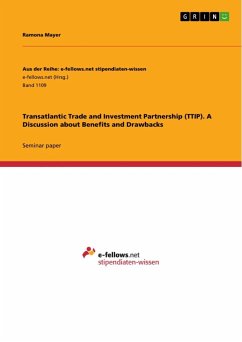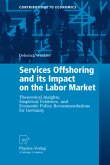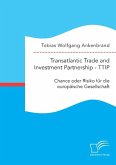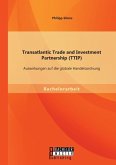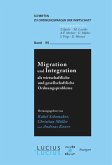The United States of America and the European Union are currently negotiating a Transatlantic Trade and Investment Partnership (TTIP). It is one of the most ambitious free trade and investment initiatives, going much further than eliminating tariffs. TTIP mainly aims at reducing "non-tariff barriers". While tariffs on goods have been imposed with an eye to foreign competition, most of the non-tariff barriers are the laws and regulations that are the result of social struggles for the protection of consumers and workers. It is therefore certain that TTIP will impact workers. This volume provides a preliminary assessment of the likely consequences for labor by:providing an overall introduction to the TTIP negotiations; assessing the reliability of the studies claiming employment gains; highlighting specific problematic proposals such as the investor-to-state dispute settlement mechanism; presenting the position of organized labor from both sides of the Atlantic.Among the contributors are Stefan Beck (Kassel), Lance Compa (Ithaca, New York), Pia Eberhardt (Brussels) and Werner Raza (Vienna).


